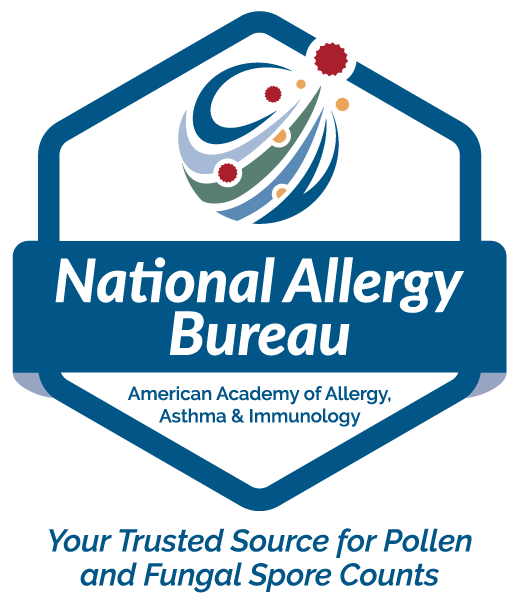Heat and humidity can impact individuals with urticaria, a condition characterized by itchy and raised hives. The combination of high temperatures and moisture in the air can trigger or worsen symptoms for those prone to urticaria.
To manage urticaria this summer, consider the following prevention tips:
Learn your triggers:
While it’s not always possible to find the cause, keeping track of flare-ups may help figure out what triggers your hives making it easier to avoid triggers.
Stay Cool:
Avoid overheating in air-conditioned environments or using fans to circulate air. Dress in loose, breathable clothing and use natural fabrics like cotton to promote airflow and prevent excessive sweating.
Minimize Sun Exposure:
Limit your time in direct sunlight, especially during the peak hours when the sun is the strongest. Wear protective clothing, such as hats, sunglasses, and lightweight long sleeves, to shield your skin from the sun's rays.
Use Sunscreen and Moisturizers:
Apply a broad-spectrum sunscreen with a high SPF to protect your skin from the sun's harmful rays. Choose a non-irritating, hypoallergenic moisturizer to keep your skin hydrated.
Use cooling measures:
If heat triggers your hives, apply cool compresses or lukewarm showers to alleviate itchiness and soothe skin. Avoid hot baths and showers since they can aggravate symptoms.
Medication and Consultation:
If your urticaria symptoms persist or worsen during heat and humidity, consult your STAAMP Provider. They may recommend antihistamines or other specialized medicines to manage symptoms effectively.
















